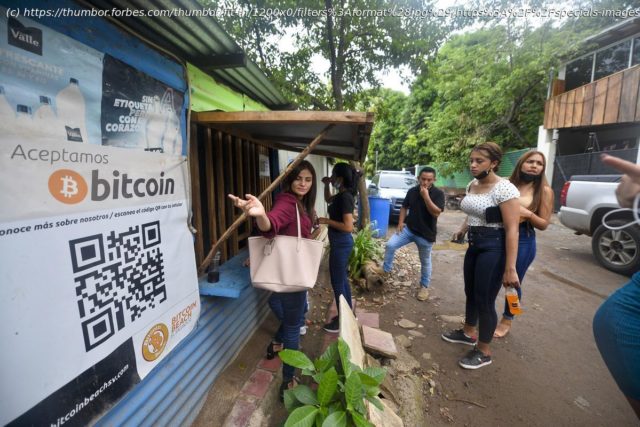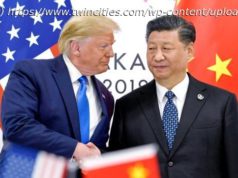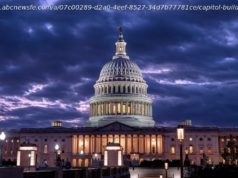The World Bank’s founding document obliges the developmental body to accept payments in the local currencies of its members. In El Salvador’s case, that means bitcoin and bitcoin-backed debt securities.
The World Bank has poured cold water on El Salvador’s adoption of bitcoin as legal tender, saying it cannot support the move due to “environmental and transparency” concerns. With or without its blessing, though, the developmental body may soon be forced to accept bitcoin payments from central banks. Its founding document, the 1944 Articles of Agreement, outlines the procedures and principles by which the World Bank pledges to engage with sovereign governments. A central theme in the document is its commitment to accept payments from member states in local currencies. Section 12 of Article V defines acceptable “forms of holdings of currency” as follows: So, as well as allowing payments in “the member’s currency”, the charter allows central banks to pay with “notes or similar obligations” backed by their reserves. These are effectively IOUs from governments.






